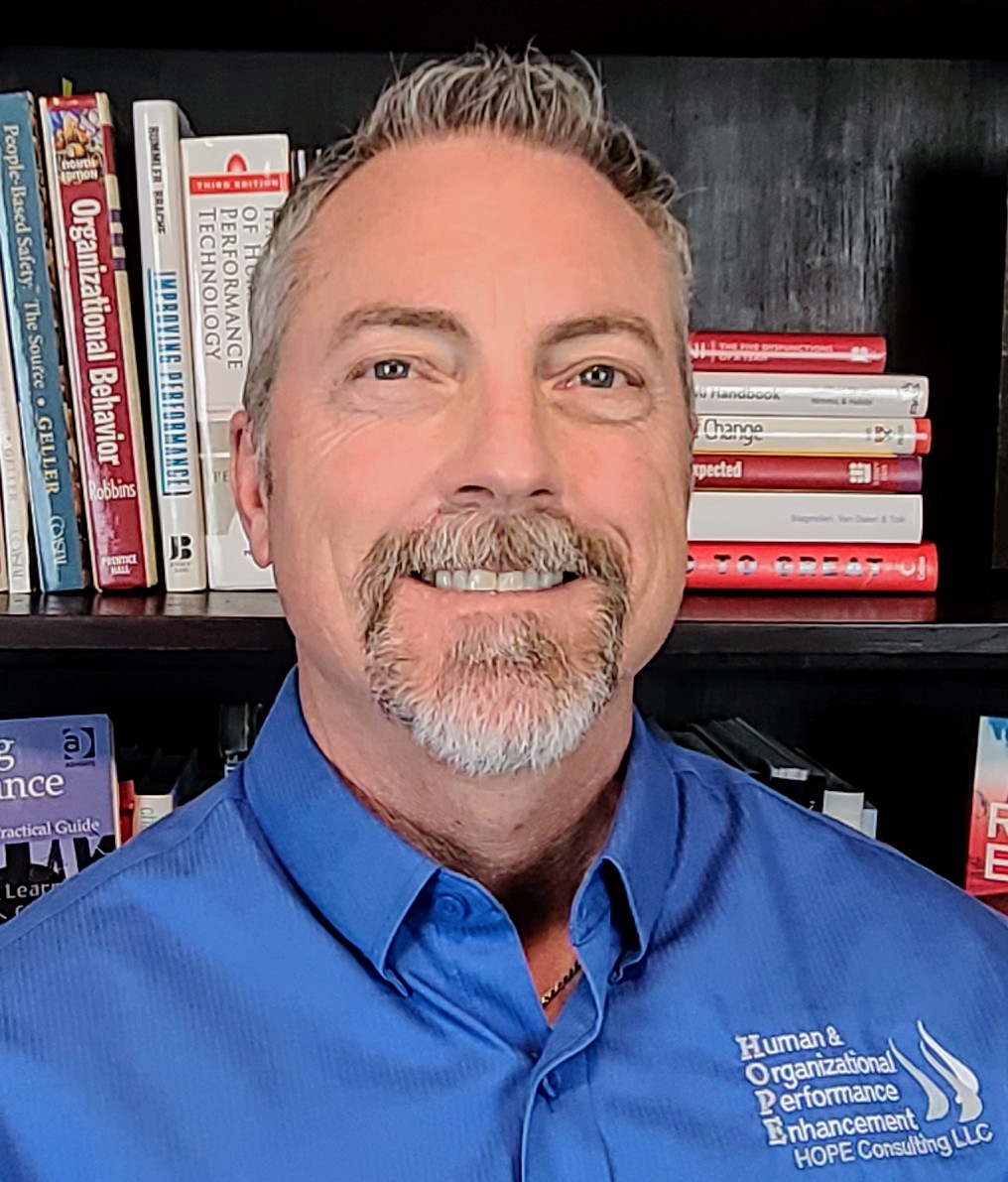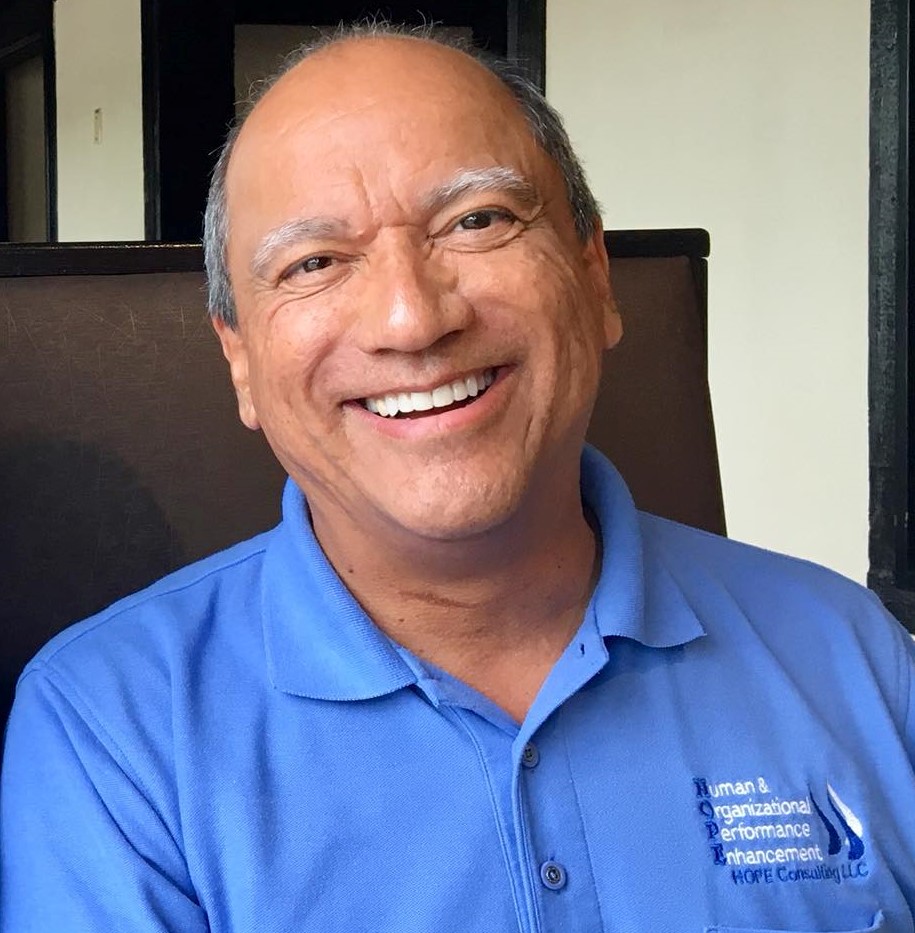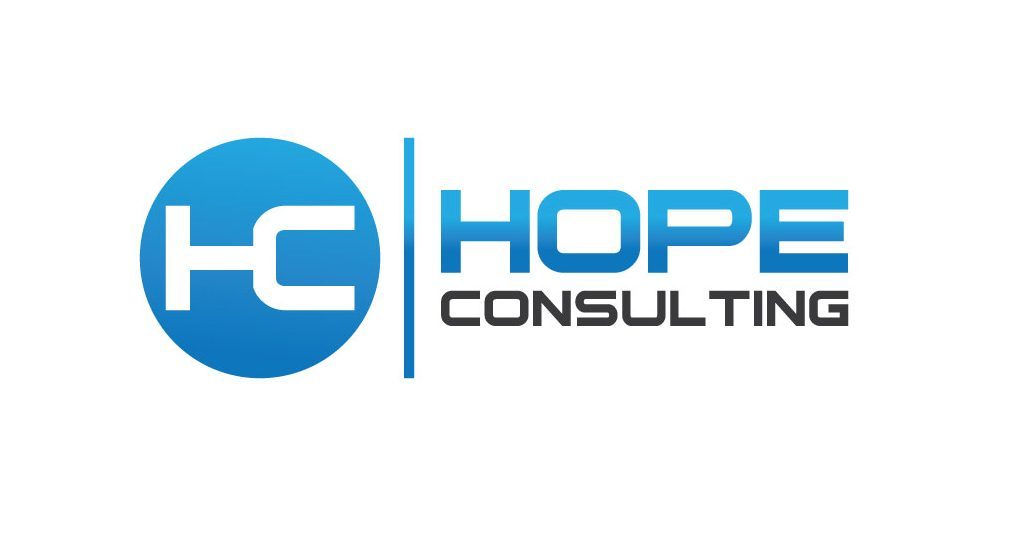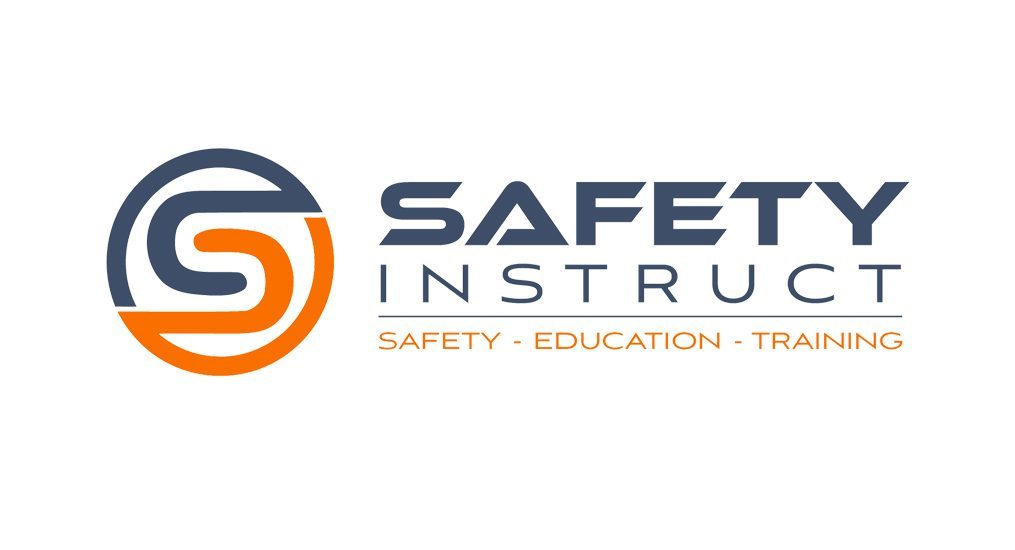HOP and the Hydroelectric Power Production Industry
Build Your Industry's Reliability Safety Sustainability Employees
With Us!
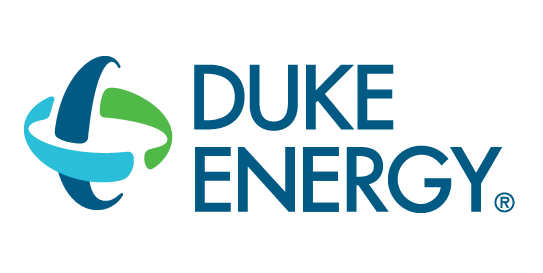
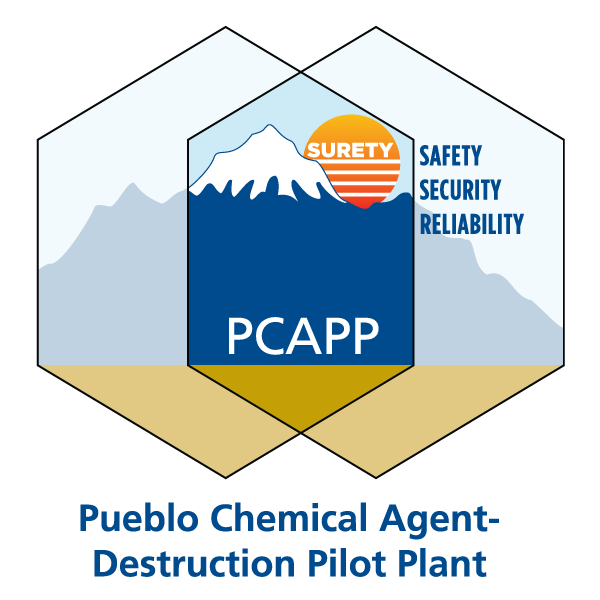


Introduction
Hydroelectric power production is a clean and renewable source of energy that provides electricity to millions of people worldwide. However, as with any high-tech industry, hydroelectric power production operations are not immune to risks and challenges. To ensure safe and efficient operations, the industry must adopt a proactive and integrated approach to human performance management. Human and Organizational Performance (HOP) is a framework that aims to enhance safety, quality, efficiency, resilience, and reliability by examining how work is done and how people interact with the systems around them. In this white paper, we will explore how HOP can benefit the hydroelectric power production industry, examine recent incidents that provide a case for adopting HOP principles and practices, and provide notable quotes from leading experts in the industry.
"HOP isn't about just managing human error; it's about understanding the human performance and improving systems to prevent that error from occurring in the first place."
- Tony Muschara

What is Human and Organizational Performance (HOP)?
HOP is a framework that seeks to improve safety, quality, efficiency, resilience, and reliability by recognizing that humans are fallible, and errors are inevitable. Organizations can reduce the frequency and severity of errors by improving the way they manage their work tasks and techniques as well as their people. HOP focuses on three key principles: systems thinking, risk management, and human performance.
How HOP Could Benefit the Hydroelectric Power Production Industry
The hydroelectric power production industry is highly complex and involves numerous stakeholders, including dam operators, power plant operators, and maintenance personnel. By adopting HOP principles and practices, the industry could benefit in several ways, including:
Safety is critical in the hydroelectric power production industry, as it involves the lives of operations and maintenance personnel and the surrounding environment. By adopting a “systems thinking” approach, the industry could identify and address underlying systemic factors that contribute to accidents and incidents. By focusing on risk management, the industry could develop strategies to mitigate potential hazards and monitor the effectiveness of those strategies over time. By adopting a human performance approach, the industry could design work processes and systems that are more resilient, reliable, and less prone to errors and accidents.
The hydroelectric power production industry is highly competitive, and efficiency is critical to maintaining a competitive edge. By adopting HOP principles and practices, the industry could streamline its processes, reduce waste, and improve productivity through enhanced reliability. By focusing on human performance, the industry could design work processes and systems that are more intuitive, user-friendly, and less prone to errors and downtime.
The hydroelectric power production industry operates in a complex and constantly evolving environment, and resilience is critical to adapting to changing circumstances. Resiliency enables organizations to bounce back from unexpected events and continue operations with minimal disruption. By adopting HOP principles and practices, the industry could build resilience in its workforce by providing workers with the necessary tools, training, and support to respond to unexpected events and adapt to changing circumstances which increases reliability.
Interested in discovering how we can help your organization's reliability?
"Workers are the solution because workers create safety every task, using their adaptive capacity to close the gap between ‘work as imagined’ and ’work as performed’ despite ‘organizational disfunctions."
- Ron Farris
Human Error and Dam Safety
According to the Association of State Dam Safety, human fallibility and limitations encompass a range of factors that influence dam operators’ actions and decisions. These factors include misperception, faulty memory, ambiguity, and vagueness in language, incomplete information, lack of knowledge and expertise, unreliability of intuition, inaccuracies in mental models, cognitive biases operating at the subconscious and group levels, the use of heuristic shortcuts, emotions, and fatigue. These factors collectively contribute to various types of "human errors," which can be categorized as "slips" (inadvertent actions), "lapses" (inadvertent inactions), and "mistakes" (intended actions with unintended outcomes due to errors in thinking). Among these, mistakes are the most prevalent type of human error leading to dam failures. Additionally, "violations" are considered another category of human error, involving deliberate non-compliance with rules and procedures, often due to the perception that these guidelines are impractical in real-world situations.
Determining what constitutes an "error" is generally done in hindsight, making it susceptible to the pitfalls of hindsight bias and fundamental attribution bias. Hindsight bias involves judging events based on what we know now, rather than considering the limited information and perspectives available at the time of the event. Fundamental attribution bias, on the other hand, overemphasizes individual attributes when assessing errors, neglecting the influence of situational factors. When conducting forensic investigations, it is crucial not to hastily assign blame. Investigators should empathize with the decision-makers, recognizing that they faced challenges inherent to human fallibility, limitations, and the lack of clear foresight when making their choices.
The primary drivers of failure and the various human errors mentioned above often contribute to inadequate risk management, which can be categorized into three types:
This arises from a lack of awareness and understanding of risks. It can be attributed to factors such as insufficient information, inaccuracies in information, lack of knowledge and expertise, and reliance on unreliable intuition. Complex situations can also contribute to a lack of knowledge about risks.
In this case, individuals are aware of the risks but display an overly tolerant attitude towards them. Complacency may result from human factors like fatigue, emotions, indifference, and optimism bias (the belief that negative outcomes won't happen to oneself). Additionally, pressures from a mindset of a carefree, unsafe opinion can lead to complacent attitudes.
Individuals are aware of the risks but overestimate their ability to handle them. This tendency can be attributed to inherent overconfidence bias, which leads to overestimating one's knowledge, capabilities, and performance in managing risks.
Understanding these aspects of human fallibility and limitations is vital for improving risk management and preventing failures in dam safety. By acknowledging the potential for errors and addressing them systematically, it is possible to enhance safety measures and decision-making processes.
Recent Incidents

Photograph: Oroville Dam Spillway Failure. Santiago Mejia / The Chronicle
The 2014 Oroville Dam Spillway Failure
The 2017 Columbia Dam Failure
The 2018 Laos Dam Collapse
"If issues or weaknesses within processes, programs, and the organization drive workers to err, where does the responsibility for these errors lie? The answer is two-fold: since managers have signature authority and resources to correct these weaknesses, they are responsible; and because people come to work to do a good job, they must assume responsibility to identify these organizational weaknesses within their daily work so that any issues may be addressed."
- Rey Gonzalez
Conclusion
The hydroelectric power production industry is a critical component of the global energy landscape, and it faces numerous risks and challenges in its operations. By adopting Human and Organizational Performance (HOP) principles and practices, the industry can enhance safety, quality, efficiency, resilience, and reliability while also improving its bottom line. Recent incidents have highlighted the need for the industry to focus on identifying and addressing underlying systemic factors that contribute to accidents and incidents, as well as improving safety protocols and providing adequate training for operations and maintenance personnel. Notable quotes from leading experts in the industry demonstrate the importance of HOP in ensuring the continued success of hydroelectric power production. By adopting a proactive and integrated approach to human performance management, the hydroelectric power production industry can demonstrate its commitment to sustainability and social responsibility, while also meeting the growing demand for clean, reliable, and affordable energy.
Ronald (Ron) Farris is a recognized expert in the field of Human and Organizational Performance (HOP) and High Reliability Operations (HRO) and the co-author of the book Critical Steps: Managing What Must Go Right in High-Risk Operations. With over 40 years of experience in high-reliability industries, Ron has worked with a variety of high-risk industries from around the world to improve safety, efficiency, and resilience by adopting HOP and HRO principles and practices.
Rey Gonzalez is a recognized expert in the field of Human and Organizational Performance (HOP) and High Reliability Operations (HRO) and the author of the book Coaching to Enhance Performance: How Successful Leaders Create Sustainability Differently. With over 40 years of experience in high-reliability industries, Rey has worked with a variety of high-risk industries to improve safety, efficiency, resilience, and reliability by adopting HOP and HRO principles and practices.
Lesson Learned: Dam incidents and failures can fundamentally be attributed to human factors. https://damfailures.org/lessons-learned/dam-incidents-and-failures-can-fundamentally-be-attributed-to-human-factors/
T. Muschara, R. Farris, J. Marinus. (2022) Critical Steps: Managing What Must Go Right. CRC Press. https://www.criticalstep.com/
T. Muschara (2017) Risk-Based Thinking: Managing the Uncertainty of Human Error in Operations. Routledge. https://www.riskbasedthinking.com/
EDF. (2021). EDF Group Profile. https://www.edf.fr/en/the-edf-group
2017 Columbia Dam Failure. Available from: https://projects.sfchronicle.com/2017/oroville-explainer/
2018 Laos Dam Collapse. Available from: https://www.theguardian.com/world/2018/jul/26/laos-dam-collapse-sends-floods-into-cambodia-forcing-thousands-to-flee
R. Gonzalez, (2023) Coaching to Enhance Performance: How Successful Leaders Create Sustainability Differently. Self-Published https://www.trainhro.com/coaching-to-enhance-performance-ctep-course/
Interested in discovering how we can help your organization's reliability?
Discover how we can solve your employee challenges.
Assessment
Training
Data Management
Sustainability
Premium Services
What We Do
High Reliability Training was formed because of lack of quality online and video-based curriculum in the areas of Human and Organizational Performance (HOP) and High Reliability Operations (HRO).
